Rapunzel and the S ea Witch
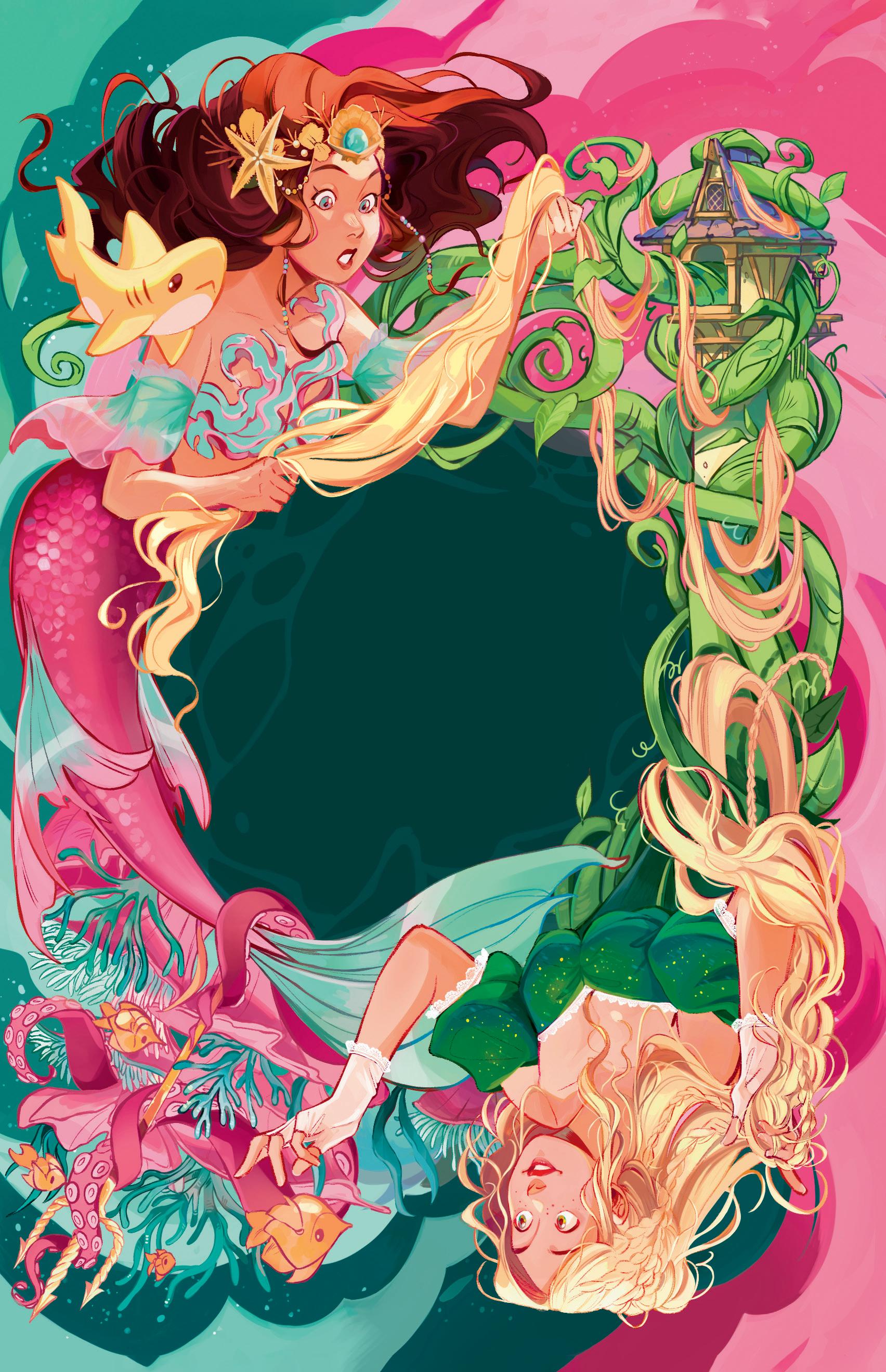
eht rewoT





Don’t miss any adventures in
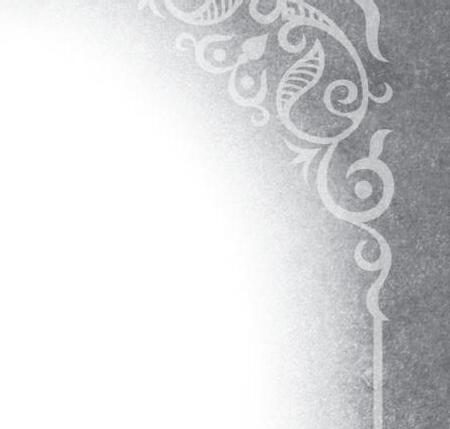


eht rewoT






Cinderella and the Beast (or, Beauty and the Glass Slipper)


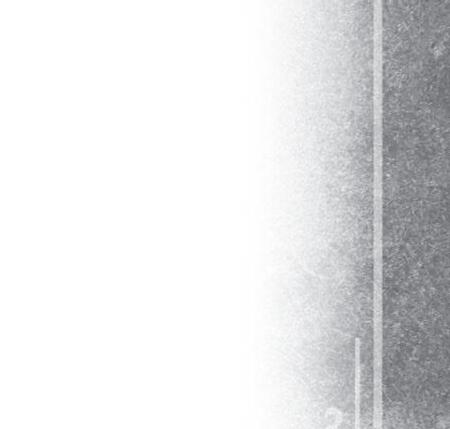
Snow White and the Dragon (or, Sleeping Beauty and the Seven Dwarfs)
Rapunzel and the Sea Witch (or, The Little Mermaid and the Tower)

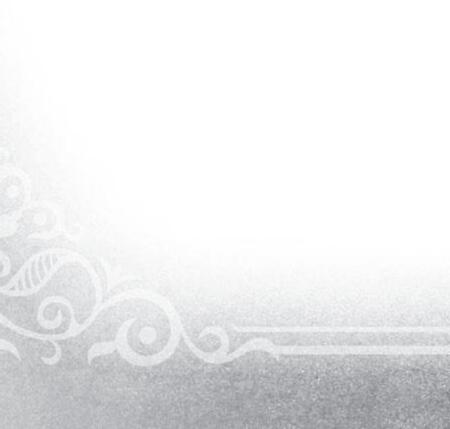



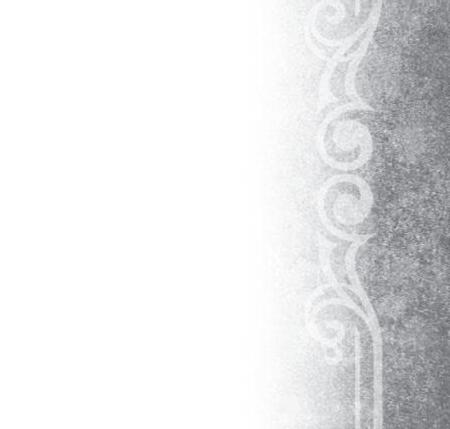
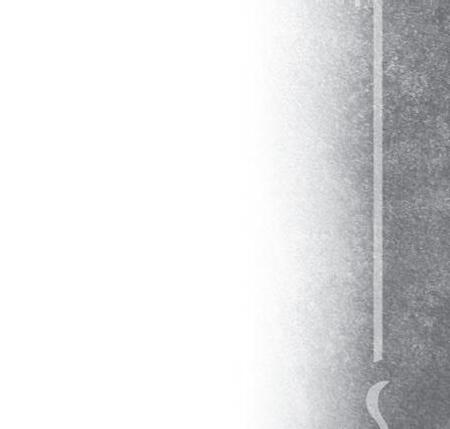

UK | USA | Canada | Ireland | Australia India | New Zealand | South Africa
Puffin Books is part of the Penguin Random House group of companies whose addresses can be found at global.penguinrandomhouse.com
www.penguin.co.uk
www.puffin.co.uk
www.ladybird.co.uk
First published in the USA by Random House Children’s Books, a division of Penguin Random House LLC, New York
This edition published in Great Britain by Puffin Books 2025 by arrangement with Random House Children’s Books, a division of Penguin Random House LLC
001
Text copyright © 2025 by Random House Children’s Books
Cover art copyright © 2025 by Sara Lozoya Old paper texture by releon8211/stock.adobe.com Vintage vector border by Extezy/stock.adobe.com
The moral right of the author and illustrator has been asserted
Penguin Random House values and supports copyright. Copyright fuels creativity, encourages diverse voices, promotes freedom of expression and supports a vibrant culture. Thank you for purchasing an authorized edition of this book and for respecting intellectual property laws by not reproducing, scanning or distributing any part of it by any means without permission. You are supporting authors and enabling Penguin Random House to continue to publish books for everyone. No part of this book may be used or reproduced in any manner for the purpose of training artificial intelligence technologies or systems. In accordance with Article 4(3) of the DSM Directive 2019/790, Penguin Random House expressly reserves this work from the text and data mining exception.
Printed in Great Britain by Clays Ltd, Elcograf S.p.A.
Printed and bound in Great Britain by Clays Ltd, Elcograf S.p.A.
The authorized representative in the EEA is Penguin Random House Ireland, Morrison Chambers, 32 Nassau Street, Dublin D02 YH68
A CIP catalogue record for this book is available from the British Library
ISBN: 978–0–241–74537–3
All correspondence to: Puffin Books
Penguin Random House Children’s One Embassy Gardens, 8 Viaduct Gardens, London SW11 7BW
Penguin Random Hous e is committed to a sustainable future for our business, our readers and our planet. is book is made from Forest Stewardship Council® certified paper.
To
whose fearlessness and kindness constantly inspire me
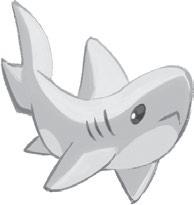

















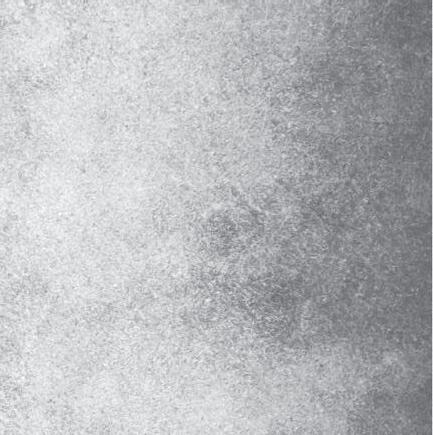




Once upon a time, a tired peddler stood by the side of the sea and wasn’t thinking about princesses or curses or evil fairies or any of the reasons why you may have picked up this book.


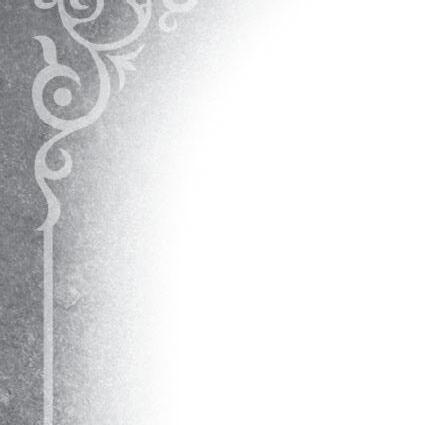

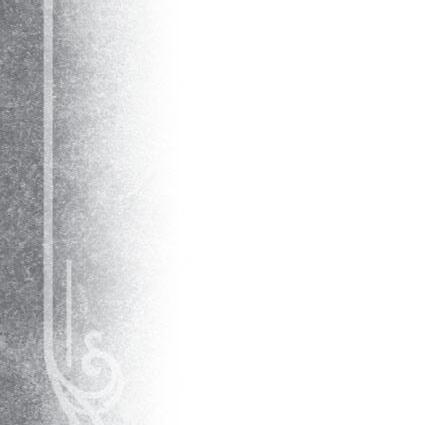

He was thinking about a bean and feeling very, very bad for himself.
This particular bean had a tricky reputation, and not just because it was extraordinarily wrinkly and a little smelly. Some said that it would take you into palaces in the clouds filled with treasures untold. Others said it would stain you and your family with bad luck.



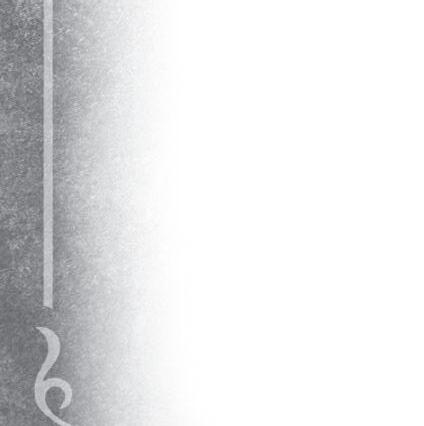
The peddler hasn’t seen any cloud palaces, nor any treasures told or untold, but he’s certainly encountered his fair share of bad luck. His trusted mule shrank down to the size of a rat, and a ratsized mule isn’t good for a lot. Not that it mattered much, as bandits stole his cart. Another bandit, a real business-minded fellow, stole the scepter from the queen of the Glacial Halls, which wouldn’t have mattered except that the bandit looked a lot like the peddler, so wherever the peddler went, he was also pursued for grand theft.



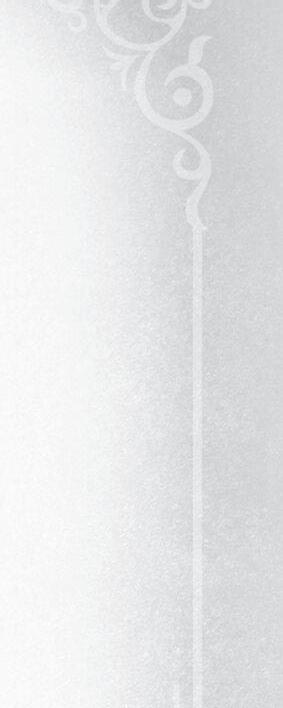
Suffice it to say, he was feeling pretty unfortunate.
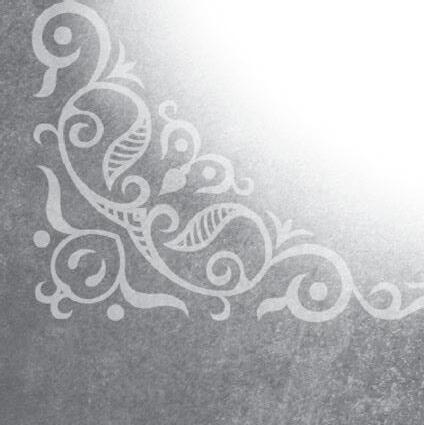

Luckily or unluckily, depending on who you are, there are always those listening to the unfortunate.
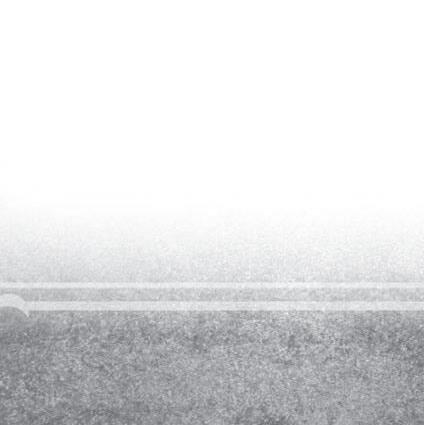

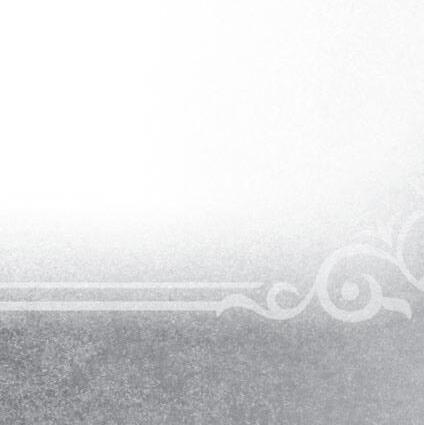








So don’t get too attached: You’re not going to see the peddler again. But you are going to see her. Watch her now appear on the beach and walk along the sand. Watch her kneel down by the peddler as he pities himself, and watch her offer him the end to his problems. All she wants in exchange is a bean.




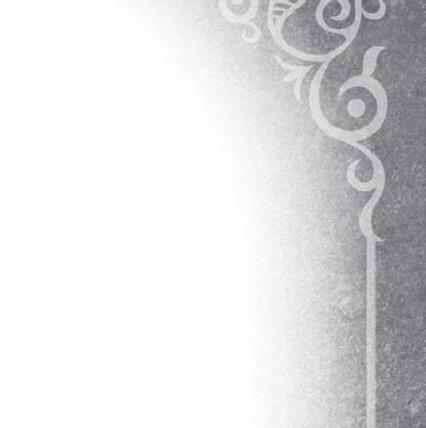
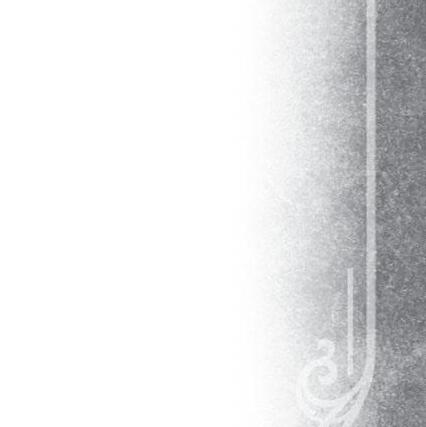
And that’s how the bean ended up in the possession of the most powerful fairy in all of Reverie. Not that it did very much for her, either. It didn’t shrink any of her things or inspire a thief who looked like her to raid a royal palace, but it wouldn’t grow or stop being wrinkly or crack open like a goose egg to reveal gold coins. It just sat there and was a little smelly.



The most powerful fairy hated not getting her way. The whole point of having magic was to get your way. And so if the bean wasn’t going to grow for her, well then. She’d just use it as inspiration. If somehow a bean like this could exist, then surely someone powerful could create an equally powerful plant. Because wasn’t the best part of magic getting the treasures no one else could?
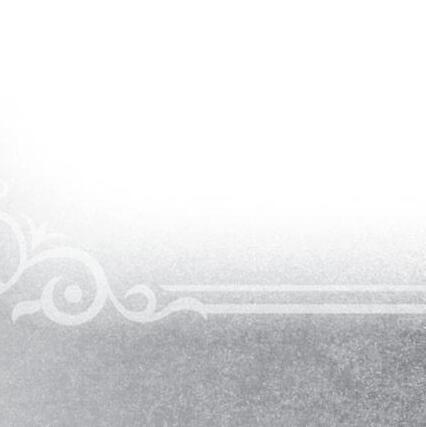

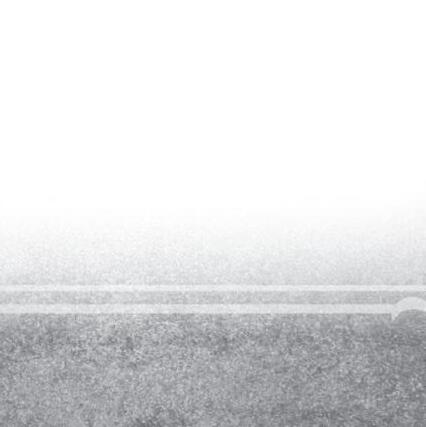
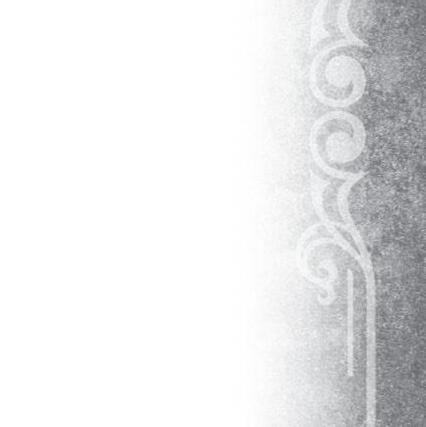
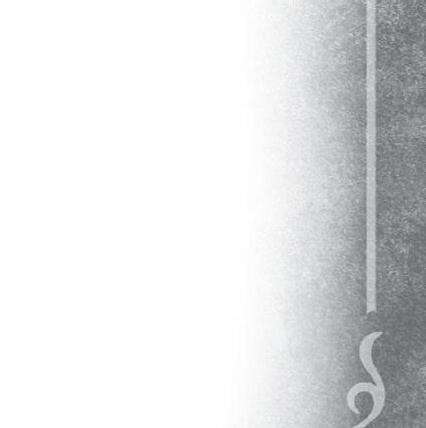




So she made some deals and told some lies and got some seeds that she planted, and the greens that started to grow were so powerful and so thirsty that they drank and drank up all the water. She used her magic to divert more water from the nearby town and then the nearby capital city, until her garden was the only place something green could grow.





But the queen of that capital city was pregnant, and all she wanted—all she could think about— were greens.
Obviously, this was a bit of a problem.



The queen wasn’t one of those demanding queens, either, but soon she couldn’t stomach anything and grew weak. The king set off to find greens for her to eat so she could be strong again.


And then, how lucky for him, he stumbled upon a lush garden, and he left a little pile of gold as thanks to whoever lived in the small cottage before he cut all the greens and took them home.


In the morning, the queen ate them with some salty cheese and a spritz of lemon, and she was healthy again.



That same morning, the fairy was furious: All her greens, her magical greens, her greens so powerful they drank up all the water in a kingdom, were gone.









You’re not that surprised, are you?



After all, the bean was known for causing misfortune. Sometimes misfortune can just look a little different and take a little longer than we’re expecting.
A side note: There are also those moments where we confuse magic and misfortune. Sometimes the greatest misfortune of all is failing to see the magic within ourselves.


But you’re not here for a lesson, are you?
You want to know what happened to the queen. Yes. After she ate the greens, things did indeed start to get . . . unfortunate.











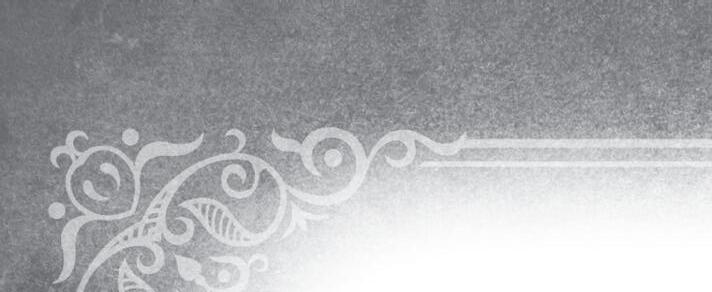
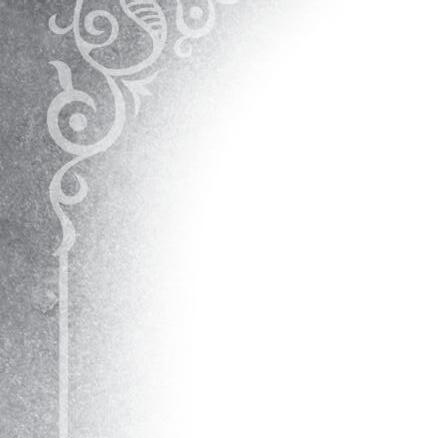
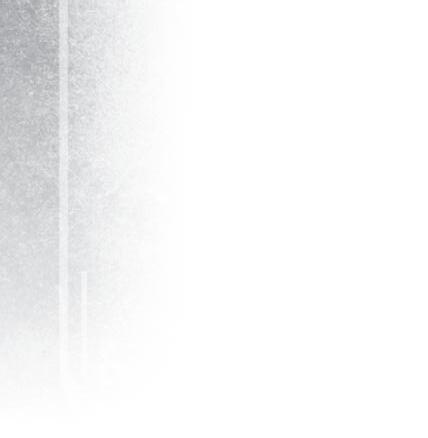








f Rapunzel could wish for anything, absolutely anything in the world?
Obviously, she would love to ride a dragon. Or learn how to speak five hundred languages. Or visit that house people say is made of candy (and, ideally, eat some of it).
Things that involve going outside in general are high on the wish list.
But that’s not her biggest wish.
Rapunzel’s biggest wish of all . . .
Is to be absolutely, 100 percent ordinary. Ordinary as old boots. Ordinary as dry toast. Ordinary as paint chipping off a fence.
“Rapunzel!”
Because absolutely nothing about her is ordinary.
Dust motes spin lazily in the Library’s late afternoon light. Rapunzel clutches a rag in one hand; the other is gloved, holding an oil lamp. The room’s edges are round, and its shelves are crammed with the rarest, most magical, most forbidden objects from around Reverie, like enchanted quills, shiny hooks, cores of cursed apples, a wolf’s tooth.
“Focus, bunny.” Lady Grimm snaps her fingers, looking up from her living map. “If you keep scrubbing at that rate, you’ll let the genie out.”
“Sorry, Mother.” Rapunzel runs the rag over the bronze oil lamp, hurriedly placing it back on a crowded shelf.
“And don’t touch that with your bare hands,” Mother snaps.
“I know,” Rapunzel says.
The lamp is a new addition, in from Ambrosia. DO NOT LET GENIE OUT reads a very stern note tied to the neck. “Not” has as many underlines as the years that genie has probably spent inside.
Rapunzel’s a little tempted to run her bare palm over it, just once. Maybe a genie could help her. Especially this one. It must be pretty powerful, for someone to bottle it away.
But if Mother thought the genie would help them, then she would have said something. Mother knows best. That’s kind of a given when you’re one of the most powerful fairies in Reverie.
“Get your head out of the clouds, bunny,” Lady Grimm
commands. “Has our work stopped being of interest to you?”
“Sorry, Mother.” Rapunzel scribbles down the oil lamp’s condition and the date. The Grimmoire is a record of all the objects in Reverie; Mother uses it to document when they receive something and to keep track of what objects are in their possession.
As the head of the Dreamwood Council, Mother’s role is to oversee balance in Reverie. And part of this is to run the Library―recording, loaning out, storing, or disposing of these magical objects. Keeping track of all the stories of Reverie, as Mother says.
Much of Rapunzel’s responsibility, now and forever (and ever and ever), is to help her. Assistant Librarian, Mother will say fondly, patting Rapunzel’s hair. How lucky, for a strange, Cursed child like you to have such a noble life planned.
Rapunzel brushes the backs of her knuckles against a pretty miniature ship that’s been in the Library for a while, which Mother has gotten down from the shelf once or twice recently. In the Grimmoire, it’s labeled: “Magic Level: Medium. For: a swashbuckling story. Caution: sea sickness.”
Rapunzel lets her fingertips rest on the ship’s wooden hull for the briefest of seconds. She loves the thrum of magic, warm, so close to the surface the magic could just spill straight into you.
What would a swashbuckling story look like for her? She’d probably go to the beach and order an ice cream so big, she wouldn’t be able to finish it before it ran cool and
sticky over her fingers. She’d get a sunburn and would likely need to fly a kite.
Lady Grimm stands, rolling her shoulders.
“Disappointing.” She glowers at the living map. “You’d think a trident would be easier to find.”
Lady Grimm is not the kind of fairy who goes to parties and answers the occasional wish. She’s not a fairy godparent, and she sneers at those who are, like Durchdenwald, who has caused a few problems lately. She is superior to all those fairies, she tells Rapunzel, because she’s mastered very challenging magic and done many important things that no one else would dare. She’s also a little obsessive, very clever, and very, very old.
Not that you’d know the last bit by looking at her.
Her skin is fair and smooth. Her gold-and-silver hair is brushed back into a bun. Sometimes it’s bright red and to her waist; other times, it’s ebony and chopped at her chin. The style is often dictated by what a nearby queen or royal or otherwise beautiful woman has adopted.
“She thinks she looks so lovely, does she?” Mother would snarl, staring into the claw-footed mirror, before her hair shifted to be just that much shinier, just that much lovelier, than anyone else’s.
Rapunzel turns her attention back to a large oak table covered with unrecorded items, her responsibility to sort through and document. An important task. Magic is dangerous in the wrong hands. It’s important to know what
objects are safe in the Library or are floating out there, a threat.
“Oh, Mother, I think―”
“Enough, Rapunzel.”
Rapunzel swallows her thought, which was to ask about a lone acorn on the discards table. That’s where they put objects that are useless or have run out of magic, like random scraps of paper or boot buckles or once a strange, smelly old bean, and Mother hates being bothered about them. Rapunzel is supposed to dispose of them.
Today, Rapunzel sweeps the acorn into her pocket. It tingles with magic, but then, all living things do. If Mother says it’s to be discarded, then it is. She’s always right. Rapunzel had regretted getting rid of the bean. One, because Mother had decided she wanted it back, and she’d become so enraged it was gone that all the pans in their kitchen had melted and their floor had temporarily turned to lava. Two, because Rapunzel would love to grow a bean plant. Maybe if she can convince Mother to bring her up some soil, she can grow the acorn into a tree. She’s never touched a tree trunk before. Mother won’t let her grow flowers in here.
Flowers have a whole language, she says, with all sorts of magic. It could be too dangerous for Rapunzel, Cursed as she is.
Mother flicks at the Vallian Sea on the living map, spraying water onto the table.
“That trident is far too powerful to be out in the world,”
Mother says. She’s been obsessed with the Vallian Sea queen’s trident. It is, after all, Mother’s duty to maintain peace and balance. And Rapunzel has heard that the merpeople are causing a lot of trouble. Like that Storm.
The living map is a small model of Reverie. It showcases the entire land and the large, dark-green mass of the Dreamwood in the center. There’s Miravale, with its capital city of pink stone walls, recently recovering from a curse. And the capital city of Apfel, overseeing the kingdom of the same name, plopped in the Dreamwood, where there was also a curse. Rapunzel’s keeping track. Unlike hers, all those curses broke.
Well. That must be nice.
On the living map, you can prick your finger against the top of Unnatural Peak in the northern Glacial Halls or wet your fingertips in the Vallian Sea, not that you’d want to right now. Not with that Storm hovering over it. Even on a living map, there’s no telling what touching something like that could do.
Ever since the Storm appeared a few months ago, visible even from their tower’s windows, Mother’s temper has been shorter than usual. Not that Mother is known for a soft tongue and patience. She’s a busy, important woman. As Rapunzel has heard many, many times.
Rapunzel also knows she can’t really complain, gathering up as much of her very, very long hair in her arms as she can, the rest snaking behind her as she follows Mother back to the circular main room. She’s so lucky to
live here, be safe, and have a purpose. As Mother always reminds her.
Pepper chirps as she sees them, the fox rubbing her body against Rapunzel’s calves. She scratches behind Pepper’s ears.
Beams run along the high ceilings. Sometimes Rapunzel climbs up and pretends she’s leaping through the treetops of the Dreamwood, on a quest to defeat evil or find some treasure for the Dreamwood Council.
But then she remembers that none of that can happen. Because she’s Cursed.
Cursed with a big capital C, so big its shadow is longer than Rapunzel’s hair. The kind of curse that means Rapunzel in her tower is a little bit like the genie in its lamp: stuck there for everyone else’s safety.
A kitchen is wedged along one side of the main tower room. Next to the wall of Mother’s sand globes, there are a few armchairs and bookshelves with well-worn texts near a large window, big enough that Rapunzel can stand in it without her head touching the upper sill.
Rapunzel drifts over to it. The world is very, very far down below, because this window is very, very high up in her very, very tall tower.
The day is bright and sunny, a bluebell sky and the scent of cut grass on the breeze. But still, there’s a chill that lashes through occasionally, cast from the swirling blot of darkness that is the Storm over the Vallian Sea.
“I’m sorry to be leaving you again, Rapunzel,” Mother
says. “But the Council won’t stop arguing about this little rain issue.”
Since the Storm appeared off the coast of Coralon, one of the five capital cities of Reverie’s five kingdoms, the number of Dreamwood Council meetings has surged. Rapunzel and Mother’s tower is only an hour or two from the coast, in a town called Elsweyr, and it’s gotten rainier here thanks to the Storm, which is boring for Rapunzel because fewer people walk by when it rains.
“I actually had some ideas!” Rapunzel blurts. She longs to go to the Dreamwood Council gatherings and meet the kings and queens of Reverie and the magical delegates from the Dreamwood itself. But if she can’t go because of the Curse, then at least her thoughts could.
“That’s cute, bunny,” Lady Grimm says. Rapunzel glances out the window. It’s the middle of the day, and down down down below, schoolkids laugh as they head home, books tucked under their arms. A shepherd’s boy chews on a piece of hay and trudges alongside a donkey. A pair of village matrons stroll in lacy hats, spinning gossip.
For Rapunzel, the world is like a delicate ornament, one that she can admire but must never touch. If she does, it’ll shatter. And as much as Rapunzel yearns, she would never, never hurt somebody, not even to feel real, soft grass between her toes or to jump into the ocean.
“Good afternoon!” cry the schoolkids to Rapunzel.
“Good afternoon!” hollers the shepherd’s boy. “Good afternoon!” trill the village matrons. And Rapunzel calls out to them, waving and smiling. If she were to go down there, unbelievable misfortune would befall every one of them. They could get sick. Their roofs could collapse. All their chickens could turn to stone. According to Mother, her Curse is a curse that spreads tragedy to those around her. Except for Lady Grimm. And Mother won’t let Rapunzel forget how lucky they are for that.
Today, the children wear yellow shirts because it’s almost Seaborn. Seaborn is the largest annual festival in Coralon, and Elsweyr falls within the kingdom’s boundaries.
People from Elsweyr never leave and hardly anyone ever arrives, which is how the residents like it. Lady Grimm’s magic keeps it secret and invisible on maps, which is how she likes it. To not be disturbed at home, she explains to Rapunzel. Separate from Reverie and the kingdom of Coralon as they may be, in the week before Coralon’s Seaborn celebrations, everyone in Elsweyr puts on yellow to reflect the rising sun. On the day of Seaborn, everyone puts on blue scarves or blue hats or blue shirts, and they grill trout from the lake and make icy drinks out of fresh melon.
Mother always brings Rapunzel some, a plate and a glass that she can enjoy while hearing the music pulse through Elsweyr’s few streets.
What she would give just to leap outside and get her
face painted like a seahorse. Or just . . . order her own icy melon drink.
Of course, then everyone’s trout might burn or they might all get lice.
“I may have to stay overnight again. I have a plan about that trident.” Lady Grimm pulls out a traveling cloak and examines herself in a large mirror. Like all of Mother’s clothes, the cloak is both white as a fresh idea and black as spilled ink, meant to represent the duality of stars and shadows that keeps Reverie in balance. “You’ll be fine, Rapunzel?”
“Do you think I could use the Library while you’re gone?” Rapunzel asks. “I really wanted to learn more about that lamp.”
“My goodness,” Mother spits. “Can’t you see I have things on my mind other than entertaining you? Besides, it’s dinnertime. You need to keep to a schedule, bunny. Now, Rapunzel, let down your hair.”
Rapunzel bites her lip and doesn’t say anything. There’s no point in arguing with Mother. Even though she is really curious about that genie. And surely dinner can wait an hour. For once.
Instead, she braces one hand on the window frame and lets her hair down down down down
down down
until the end of it sways just above the grass.
Her hair is forty-seven feet and three inches long to be exact, just one inch shorter than the height from the ground to the tower’s main window.
With hair like that, some might suspect that Rapunzel would be a fairy, like Mother. That magic swirls down bloodlines like bunions or a love for blue cheese.
“Pity that it doesn’t,” her mother likes to say, stroking Rapunzel’s long golden hair. “But you’re just quite ordinary.”
Except not ordinary enough. If only she were as ordinary as an old watering can that never cast misfortune upon anybody.
Now Mother grips Rapunzel’s hair and prepares for her usual descent.
“Do you think they’ll figure out the Storm soon?” Rapunzel asks.
Some people think it’s caused by a witch, some people think by a warlock’s apprentice who made a big mistake, some people think by a magical object that fell in the sea and was never supposed to get wet. Some people even think it’s mermaids and are chewing on whispers of war.
“We shouldn’t be bothering with the Storm,” Mother complains. “There are much larger issues than wind. But the fools who govern us can never see that.”
It’s an old rant of Mother’s: how badly the kings and
queens rule their kingdoms, how broken things are, how no one will ever listen to Mother.
“Maybe the Storm is a bigger issue,” Rapunzel says, because it has been there a much longer time than a normal storm. Those don’t tend to stick around for months.
“Oh, don’t think too hard, Rapunzel. You’ll only get wrinkles.”
Mother climbs down Rapunzel’s hair, pulling slightly on Rapunzel’s scalp, and as soon as she steps onto the grass, she vanishes.
Rapunzel watches out the window for a while, but soon it starts to drizzle, the Storm reaching them again, and there are few things more annoying than dealing with forty-seven feet and three inches of wet hair.
Rapunzel has nothing to do but pull her hair back up up up into the safety of the tower.
Hana swims straight into the Shark’s mouth.

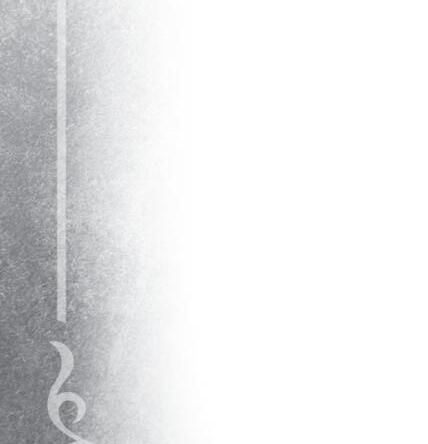
Her tail, as light pink as a sunrise, swishes behind her as she slips through the old shipwreck, the jagged entrance waiting to devour anyone who enters. A piece of wood snags on the circlet on her reddish-brown hair, and she pauses to wrench it free.



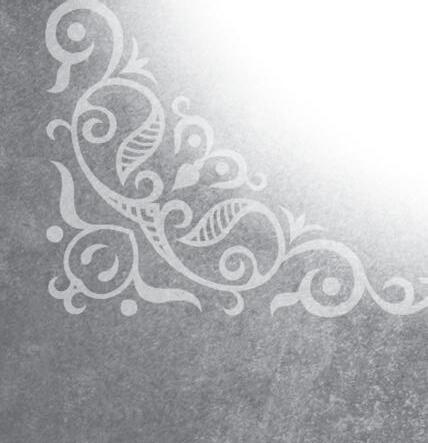


Ideally, you don’t find yourself close enough to the Shark to get stuck. Ideally, a young mermaid doesn’t know this place exists.
But as far as Hana’s concerned, the ideal situations are the boring ones. And merpeople may live for hundreds of years, but life is still far too short to be bored.

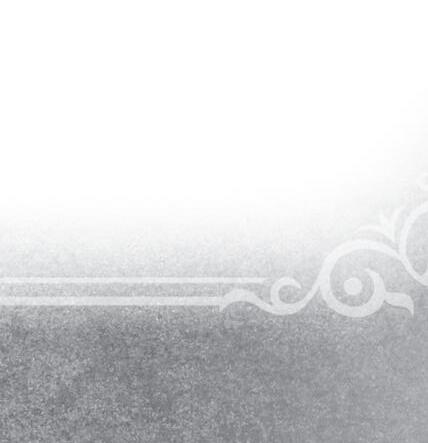
The water here is dark and deep, and it takes a moment

for even Hana’s eyes to adjust to the gloom of the massive ship, its original name forgotten. The Shark’s been at the bottom of the ocean for as long as Hana can remember, like it grew from the seafloor instead of sank down.
The less savory residents of the Vallian Sea have claimed it. It’s far enough from Avalon to be away from the eyes of the guards and close enough for Avalon citizens who want to make the deals and trades they don’t want others to know they’re making.
A shadow streaks past her. Hana squints in the murky waters as she swims through what was the ship’s grand entryway: the remains of a sweeping staircase, preserved wooden carvings of human princes and ladies, glass goblets that survived against the odds. Once upon a time, people of Reverie strode through this hallway, laughing, chattering. Now it lies in pieces, abandoned to ghosts.
The shadow shoots at her.
A lemon-colored shark, its beady eyes glimmering, its top fin slicing through the water, barrels straight toward Hana.
And Hana swims straight at it, seizing him in a hug.
“Leonard!” she cries. “I thought you were headed back.”
Leonard is nearly as long as Hana, and though he could pass as a miniature great white, his pale yellow skin is covered in white stripes. His fins are almost feathery. He’s a breed of shark that carries an ancient strain of magic. There aren’t many left; they were hunted to low numbers years ago by land and sea folk alike.
He swims around her, his fins grazing her tail. “I don’t like this place, but I really don’t like Melusine getting mad if you’re not with me.”
That’s true. Hana’s mother likes to get mad. Especially at Hana.
Somehow Hana’s sisters never seem to get in trouble at all.
There’s Aquaria, next to become queen, so beautiful that merfolk warn that the sight of her would send ships plunging into rocks. If she ever went to the surface, that is.
Though all mermaids have lovely voices, Alaina can swing sweeter than anyone or anything below the water.
Arista is a poet who writes sonnets that make your heart tremble.
Artemis is impossibly clever at science and helped build the plans for Avalon’s opera house when she was fourteen.
Aaliyah has a heart purer than gold, so kind and charitable that even the slipperiest of the sea folk smile when they see her.
Anya can draw and paint so gracefully, you cannot tell what is real and what is art. Hana and Anya used to be inseparable, but then Anya hit her fifteenth birthday and decided she wanted to spend time with mermaids her own age, not play children’s games with her younger sister.
Hana. The littlest mermaid. Whose tail is slightly shorter and who always seems to fall short in all other ways, too. Not patient enough, not demure enough, not not-curious enough.
Just ask her sisters. They’d rather pretend that the human world doesn’t exist.
Hana doesn’t pretend. The human world is all she can think about. And with the Storm, someone should be thinking about it.
Her interest in the human world started a few years ago, when she was out swimming and came upon an old frying pan at the edge of a shipwreck. Something that needed fire to work. Something that was part of a world she couldn’t even imagine. And then it felt like every spare moment was spent wondering what life was like up above.
Among her sisters, Hana’s the only one with a different father. Her sisters’ father was a nobleman who died in the last fight against the humans; hers was a young lordling who died right when she was born and who few people talk about, even if Hana wants to. She’s always felt like an outsider. Humans are said to be gross and monstrous, their world strange and dangerous and cold, but when she imagines it, she imagines that there, she can be anyone.
Not that she wants to be human. That’s preposterous. Humans are their enemies.
Then the Storm hit. It appeared a few months ago, a dark blot that lurked over Avalon and made the waters rougher. Unlike other storms, it didn’t move, just grew and grew, so Avalon darkened, the coral started to die, the curfew was put in place, and trade diminished as merpeople from other kingdoms grew afraid of visiting.
And her mother said not to worry.
Now, Hana thinks she’s found something: Humans must be behind the Storm. And maybe she can also prove she’s not just the little mermaid, the troublemaker, the oddball.
The Shark is quieter than usual, and Hana reaches a door cracked open at the back. If her mother were here, she would say that under no circumstances should Hana go through it. But her mother isn’t here.
Hana swims into the foyer. Kelp waves around the edges, blocking the windows, and long strands of jewels weave across the ceiling. One wall is an old human shelf, with crusts of barnacles transforming it into cubbies. Within each cubby is a tightly wound kelp scroll―contracts in waiting. A larger shelf holds a fish-skeleton pen.
“Well, well.” A voice slithers out from the dark. “If it isn’t the little mermaid.”
Madame Divine floats from the darkness. The sea witch’s black eyes glitter. Where a tail should be is only shadows swirling around her.
Some say Madame Divine was once a mermaid, too, but she lost her tail in a horrible accident, her life saved by a twisted and terrible magic. Others say that she cut her tail off herself in exchange for power and the ability to live as a human whenever her shadows touch air.
They all say she’s as wicked as they come, trapping the desperate in the worst bargains. Those who go to her, who sign their names with her fish-skeleton pen, are spoken of with shaking heads.
“Unfortunate souls,” people mutter.
Hana’s pretty sure that those who don’t take risks are the unfortunate ones. Or she’d like to believe that, because she signed one of those contracts the day she found the frying pan. The terms: Hana would bring back objects from shipwrecks in exchange for information about humans, like what they ate (broccoli sounded particularly interesting), what they did for fun, what they wore, what they did for work. Their conflicts with the merpeople.
Hana doesn’t trust Madame Divine. She knows the stories. But at least Madame Divine will talk about humans.
“Where is everybody?” Hana asks. Usually, there’s a much longer line outside of Divine’s.
“I wasn’t expecting you today, child,” Madame Divine says, ignoring her.
Hana digs within her satchel for a large, pale-pink orb, with wiry roots sticking out.
“I’ve got it,” she says, excited. “Look.”
Hana waves the bulb. She hadn’t expected to find it. She had just gone for a swim to avoid Artemis wanting to play chess, since Artemis is a sore winner, and Artemis always wins.
“What am I looking at?” Madame Divine asks.
“It’s a plant,” Hana says. “A plant bulb. And it was growing. How could a land plant grow down here? There must be humans involved. And it was right beneath the Storm.”
It makes so much sense: Humans are causing the Storm. Sure, it’s a bit of a stretch, but human plants can’t grow
underwater. So how has this one, if there’s not some kind of human magic at play?
“Congratulations,” Madame Divine says.
“Really?” Hana asks.
“Yes. You’ve presented the shakiest argument I’ve ever heard, and trust me, darling, I’ve heard plenty.”
Hana huffs. “It can’t be a coincidence.”
Madame Divine tilts her head, and her shadows flow in the shape of a star, of a whirlpool, of a bad idea.
“The Storm is none of your concern.” Madame Divine sounds bored.
“It has to be someone’s!” Hana protests. Why is everyone pretending like it’s not happening?
She knows part of the answer. It wasn’t so long ago that humans last attacked Avalon, and it was her own mother who fended them off. Her sisters were alive for it, several of them old enough to remember the locked room they were brought to and the funeral of their father. No one wants to imagine another war is possible.
“And what?” Divine prods. “You think you alone can stop it?”
Someone pounds on the door.
“Divine.” The voice that slips through is rough and grating.
“This has to be a clue. The Storm isn’t going away,” Hana argues. With proof, people will take it seriously. Then maybe they’ll do something about it.
“Don’t be foolish, little mermaid,” Madame Divine warns, and Hana prickles. People have got to stop calling her that.
“She said you might be difficult, Divine,” the voice grinds. “But you don’t want to ignore her. She’s not going to give up until you help her.”
“Madame,” Hana begins, but Divine puts a finger to her lips, gesturing Hana to swim backward, closer to the waving wall of kelp. Unbelievably, she looks uneasy.
“Do not move,” Divine whispers. Her eyes swell with darkness. Hana can’t tell if it’s a warning or a threat.
Just in case, Hana hums a small song to the water, one of forgetfulness and deceit, and the currents change about her, cloaking her and Leonard from view. Every merperson learns the songs of the ocean, although most don’t bother with the more complex ones. Hana bothers with them, stays up late practicing them. Whatever it takes to prove that she’s not just the little mermaid.
Madame Divine flicks her wrist. The door opens.
In drift two sea folk with slimy, eel-like tails, scaly arms, and claws where hands should be. Their eyes glow yellow. Hana shrinks deeper into the shadows, Leonard trembling beside her.
“For you, gentlemen, my chamber.” Madame Divine nods at a separate room off the foyer. “This conversation is best had alone.”
So it’s not a conversation for Hana. That’s fine. Hana knows there’s a thin line between curiosity and bad deci-
sions, and she doesn’t want to be anywhere close to those sea folk.
“Let’s go,” Leonard whispers as soon as both Divine and the eel men disappear. Leonard is always the voice of reason and sanity. Going is the right idea.
Yet Hana can’t get herself to. Not yet. She studies the cubbies of tightly wound kelp scrolls.
You think you alone can stop it?
Divine is right. As much as Hana hates to admit it, there’s not much she can do alone.
She doesn’t have her mother’s all-powerful trident. She may never. It’s passed from Vallian Sea queen to queen, and as the seventh daughter, Hana’s expected to be married off to a lower-level lordling and oversee . . . what? Theater openings? Who to hire for floral arrangements?
Hana drifts toward Divine’s shelves. A spark of recklessness jumps up and down her bones.
“What are you doing?” Leonard whispers. “Hana! You really―she’s the sea witch―you’ve heard the stories!”
“No one else is doing anything,” Hana hisses back.
Leonard bumps his snout against her wrist. “Be careful,” he urges.
She grabs one of the kelp scrolls at random, unwinding it.
It’s just like the one she signed. Most of the contract is already written, all the standard terms, but the specifics are blank.
Hana seizes the fish-skeleton pen from the shelf. It’s the same one she’d signed her contract with.